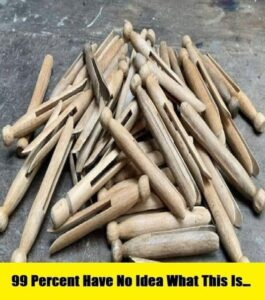
Beyond their primary function of hanging clothes, wooden clothespins have found numerous other practical uses. They can be employed as chip bag clips, photo holders, and craft tools. Their versatility makes them a staple in households, workshops, and even art studios. Furthermore, their durability
ensures they withstand years of use, making them an eco-friendly alternative to disposable plastic clips.
In our fast-paced digital world, the old wooden clothespin represents a return to a simpler era. They evoke memories of childhood, when hanging laundry on a sunny day was a common chore and a time for family togetherness. The act of using wooden clothespins connects us to our roots, reminding us of the resourcefulness and ingenuity of previous generations.
Leave a Reply